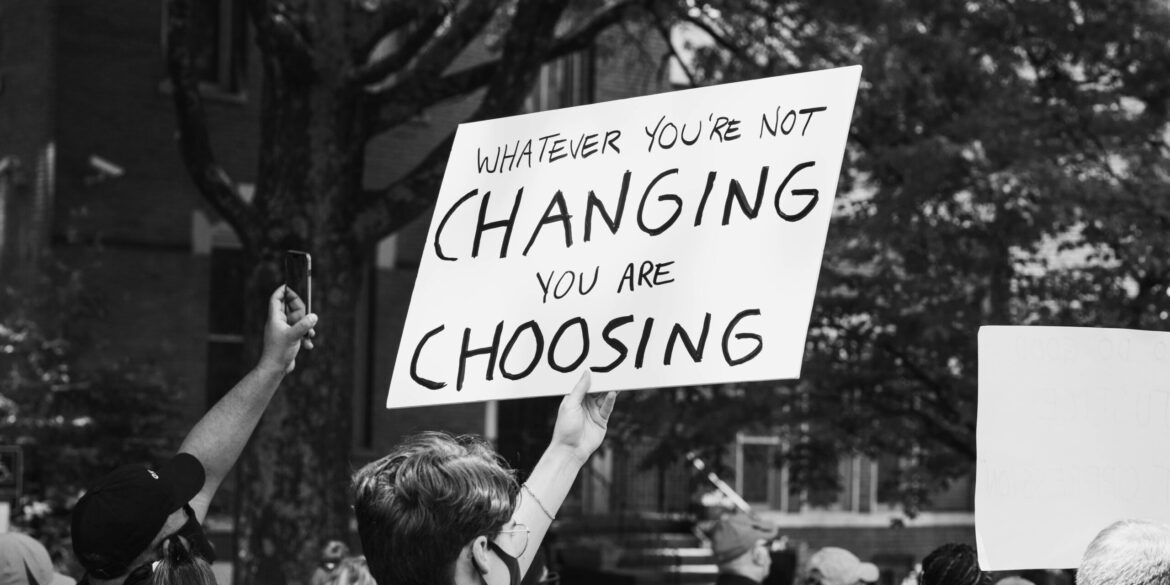Across the United States, a growing number of attorneys are dedicating significant portions of their time to pro bono work, offering free legal services to communities that cannot afford them. This commitment to public service is not only helping those in need but is also redefining what it means to be an attorney in the 21st century. In an era where access to justice is a critical issue, these legal professionals are using their skills to fight for equality, fairness, and social change.
Among the leaders in this movement is Jane Harris, a managing partner at Harris & Associates, based in Chicago. Specializing in immigration law, Jane has spent more than 20 years advocating for refugee families seeking asylum in the United States. She was instrumental in challenging restrictive immigration policies and has successfully represented hundreds of families, many of whom faced unjust deportation. Harris’ firm, renowned for its commitment to public service, is recognized by the American Bar Association for its outstanding work in pro bono cases.
“Helping people who are in the most vulnerable situations has been the most rewarding part of my legal career,” Harris explains. “I became a lawyer to make a real difference, and pro bono work allows me to give back to communities who need it the most.”
In addition to her work in immigration law, Harris has taken on significant cases involving civil rights, labor law, and women’s rights. Her pro bono contributions have not only improved the lives of her clients but have also led to changes in local laws that protect workers and their families from exploitation.
The Growing Impact of Pro Bono Work Nationwide
As the legal profession continues to evolve, pro bono work has become an essential part of the attorney’s role. Tom Fisher, a corporate lawyer in New York, exemplifies the rising trend of professionals in high-powered law firms dedicating time to pro bono work. Fisher, who primarily practices commercial litigation, dedicates several weeks a year to working with nonprofit organizations focused on affordable housing. His efforts have been instrumental in helping low-income individuals navigate legal challenges related to housing, especially in communities facing gentrification.
Fisher’s work is indicative of a broader shift in the legal field, where attorneys are using their expertise to address societal issues that affect millions of Americans. The American Bar Association reports that the number of firms offering pro bono services has steadily increased over the last decade. The ABA’s annual survey shows that over 50% of U.S. law firms now offer pro bono work as part of their standard practice, helping those who cannot afford the high costs of legal representation.
Pro bono work extends beyond just helping those who are economically disadvantaged. It also provides legal assistance to nonprofits and advocacy organizations that work on issues ranging from environmental justice to public health. Attorneys involved in these initiatives are often at the forefront of addressing systemic issues that affect entire communities, making a lasting impact on public policy and access to justice.
A Call for Continued Support and Engagement
Despite the growth in pro bono efforts, legal professionals and organizations like the ABA continue to emphasize the need for more widespread involvement in pro bono work. According to recent studies, over 40 million Americans still lack access to affordable legal representation, underscoring the need for greater outreach and commitment to public service.
As the legal profession continues to adapt to the needs of modern society, the contributions of attorneys like Jane Harris and Tom Fisher serve as powerful reminders that the law can be a force for good. Their work exemplifies the ethical responsibility of lawyers to ensure justice for all, not just those who can afford it.
In the coming years, more attorneys are expected to follow in their footsteps, making a difference in communities across the country and working to bridge the gap in legal access. Through their dedication, these legal professionals are proving that the law is not just a job, but a powerful tool for social change and equality.

